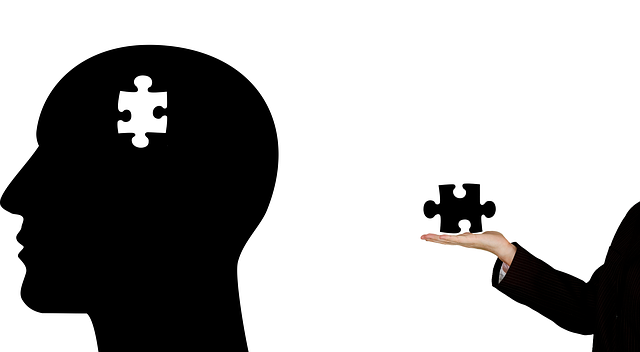Marriage counseling online is a growing trend, offering couples privacy, flexibility, and interactive tools like video conferencing and chat. This method enables partners to discuss challenges at home, fostering judgment-free expression and intimacy. Effective online therapy requires therapists to set guidelines, use suitable technology, engage in active listening, and encourage collaborative activities via screen sharing. Overcoming technical hurdles and regular client check-ins ensure a productive and safe environment despite physical distance.
In today’s digital era, “marriage counseling online” has become a vital option for couples seeking support. This article explores the benefits and strategies of virtual therapy, guiding you through effective digital communication techniques for couples’ counseling. Discover how online platforms can enhance accessibility and convenience while fostering deeper connections. We’ll also address challenges, offering insights to overcome common pitfalls, ensuring a successful and transformative experience in navigating your relationship’s next steps.
- Understanding the Benefits of Online Marriage Counseling
- Effective Strategies for Digital Communication in Couples Therapy
- Overcoming Challenges and Common Pitfalls of Virtual Marriage Counseling
Understanding the Benefits of Online Marriage Counseling

In today’s digital era, many couples are turning to marriage counseling online as a convenient and accessible way to strengthen their relationships. This modern approach offers numerous benefits that traditional face-to-face therapy may not. By engaging in sessions from the comfort of home, partners can create a safe and private space to openly discuss challenges without the potential distractions or discomforts of an in-person setting. Online counseling also allows for flexibility; couples can schedule sessions around their busy lives, making it easier to maintain consistency in their commitment to improving communication and resolving conflicts.
Moreover, marriage counseling online often includes interactive tools, such as video conferencing, chat functions, and shared documents, which facilitate dynamic and engaging conversations. These platforms enable therapists to provide personalized guidance tailored to each couple’s unique needs. Through anonymous messaging and secure file sharing, partners can openly express their thoughts and feelings without fear of judgment, fostering deeper intimacy and understanding. This innovative use of technology has proven effective in helping couples improve their connection, resolve underlying issues, and build a stronger foundation for their relationship.
Effective Strategies for Digital Communication in Couples Therapy

In today’s digital era, marriage counseling online has become an increasingly popular and accessible option for couples seeking support. Effective strategies for digital communication in couples therapy include establishing clear ground rules and expectations at the outset. This involves defining privacy boundaries, choosing the right video conferencing platform, and ensuring both partners feel comfortable using it. Regular check-ins to assess progress and adjust communication methods as needed are vital.
Utilizing non-verbal cues, active listening, and open-ended questions can enhance digital conversations, making them more engaging and productive. Therapists should encourage partners to share their screens for a more immersive experience, whether it’s co-browsing resources or jointly working on relationship goals. This approach fosters collaboration and helps build a sense of connection despite the physical distance.
Overcoming Challenges and Common Pitfalls of Virtual Marriage Counseling

Overcoming Challenges in Online Marriage Counseling
One of the primary challenges in virtual marriage counseling is creating a safe, comfortable, and intimate space for couples to openly discuss their issues. Without the physical presence and non-verbal cues typically seen in traditional therapy sessions, establishing trust and rapport can be more difficult. However, skilled therapists utilize video conferencing tools, active listening techniques, and creative strategies to bridge this gap. They encourage open dialogue, ensuring both partners feel heard and validated.
Another common pitfall is the potential for technology to create a barrier between spouses. Technical glitches, poor internet connections, or distractions can disrupt sessions and lead to frustration. To combat these issues, therapists should be well-versed in using various online platforms, have backup plans for technical problems, and emphasize the importance of creating a dedicated, quiet space for counseling. Regular check-ins with clients about their comfort levels and any technological challenges further ensure effective virtual marriage counseling.
Digital couple communication through online marriage counseling offers a convenient and accessible solution for modern relationships. By employing effective digital strategies, couples can improve connection and work through challenges from the comfort of their homes. While virtual counseling presents some unique obstacles, understanding these challenges and using the right tools can lead to successful outcomes. Embracing the benefits of online therapy allows couples to invest in their relationship, fostering growth and stronger bonds in today’s digital age.






